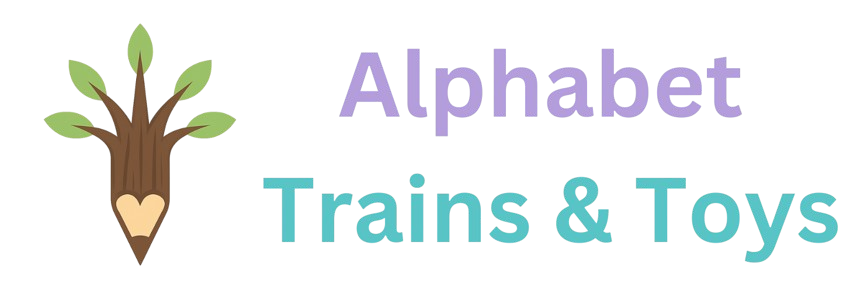Early Learning Glossary: Child Development & Montessori Terms
Fine motor skills refer to the coordination of small muscles in the hands and fingers. These skills are essential for tasks like picking up small objects, turning knobs, stacking blocks, and using writing tools.
Toys that encourage grasping, pinching, or threading—such as name puzzles, stacking toys, and beading sets—are excellent for developing fine motor control. These skills support independence in everyday activities like buttoning clothes or feeding oneself.
Our Montessori toys are designed to promote fine motor development through purposeful, hands-on play.
Gross motor skills involve large muscle movements like crawling, walking, jumping, and climbing. They help toddlers build strength, balance, and body control.
Push toys, climbing structures, and ride-ons support gross motor development by encouraging active movement. See our collection of Montessori toys designed for full-body play.
Montessori-aligned means a toy follows the principles of Montessori education—encouraging independence, focus, and purposeful play. These toys are typically made from natural materials, are self-correcting, and promote real-world skills.
Instead of flashy lights or buttons, Montessori toys are designed to engage a child’s concentration and encourage problem-solving. See our curated selection of Montessori toys that reflect these core values.
Sensory play is any activity that stimulates a child’s senses—touch, sight, sound, smell, or movement. It helps toddlers explore their world, regulate emotions, and build brain connections.
Textured toys, musical instruments, and hands-on materials support sensory development in young children. Explore our sensory toys that spark sensory-rich play.
Spatial awareness is a child’s ability to understand where their body is in space and how objects relate to each other. It’s key for tasks like crawling through tunnels, building structures, or solving puzzles.
Toys that involve stacking, fitting shapes, or navigating space—like building blocks and ride-ons—help develop spatial awareness. Explore Montessori toys that support hands-on spatial learning.
Cause and effect learning helps children understand that one action leads to another—like pressing a button to hear a sound or turning a crank to open a door. It lays the foundation for logical thinking and problem-solving.
Montessori toys with moving parts, latches, or sound responses naturally support this learning. See our Montessori collection designed to help toddlers explore action and reaction through hands-on play.
Independence in early childhood means giving kids the tools and freedom to do things on their own—like dressing, cleaning up, or choosing activities. It helps build confidence, focus, and responsibility. Even providing a step stool so that toddlers can reach hard-to-reach places, empowers them to become independent.
Montessori toys that are child-sized and self-correcting empower kids to learn at their own pace. Explore our Montessori toys that support self-directed learning and independence.
Practical life skills are everyday tasks that teach children responsibility and coordination—like pouring water, buttoning clothes, or sweeping. These hands-on activities support focus, independence, and confidence.
Montessori toys that mimic real-life tools help toddlers practice these skills in a safe, purposeful way. Browse our Montessori toys that encourage practical life learning.


